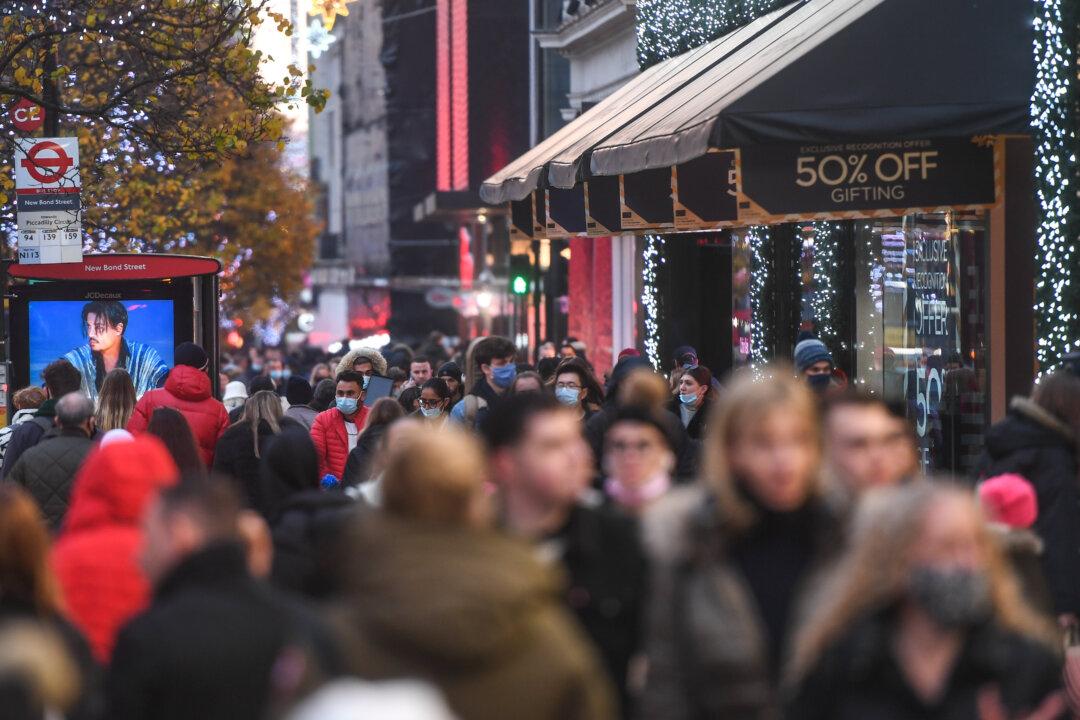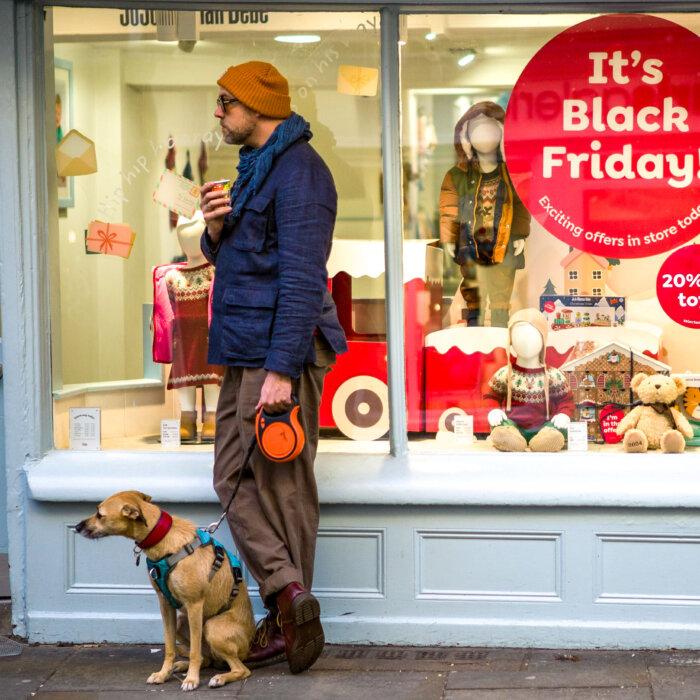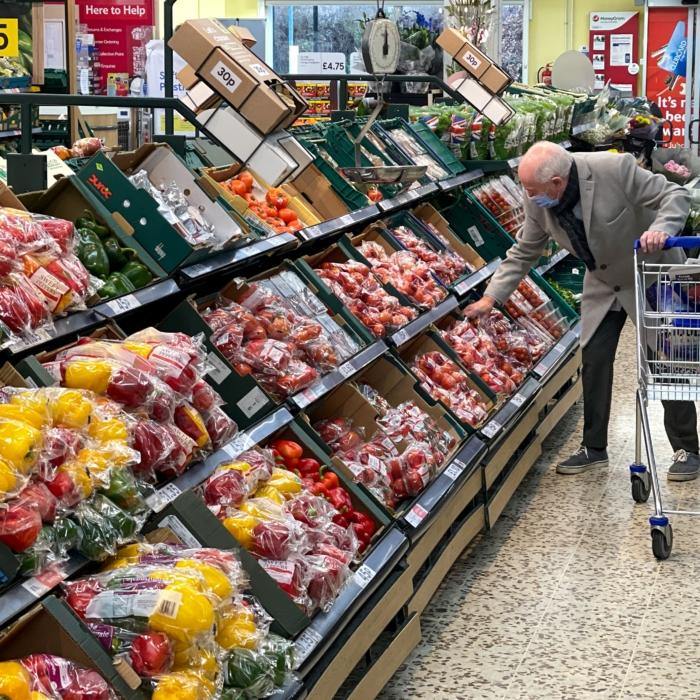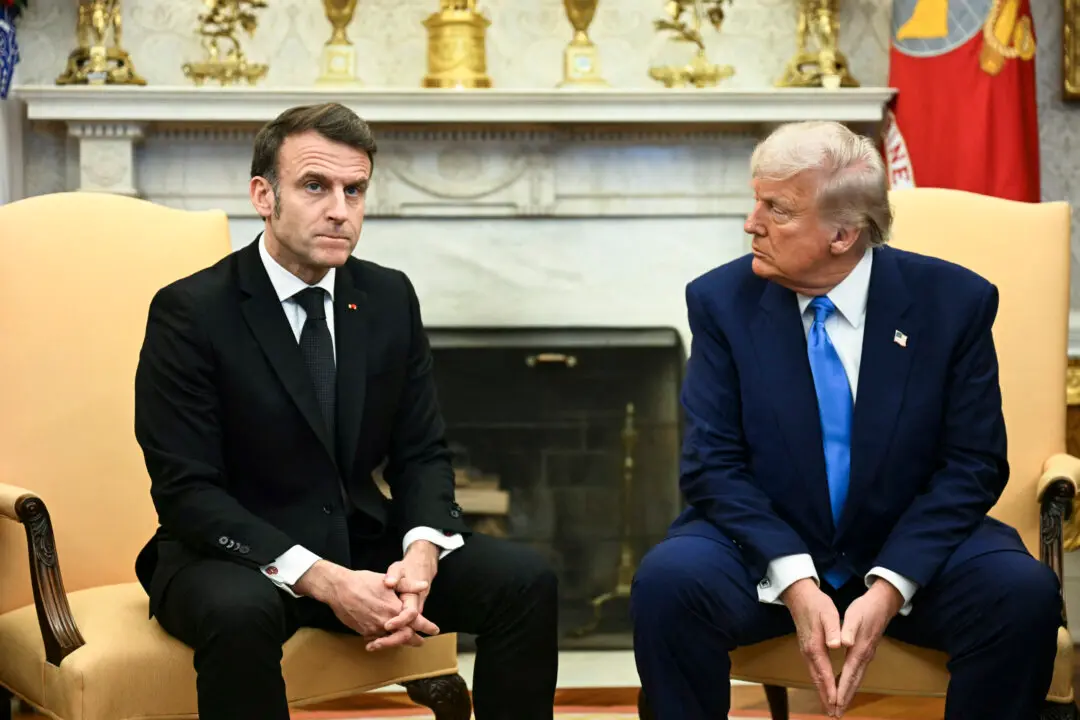Low consumer confidence and reduced spending on non-food items have marked a subdued start to the festive season in UK retail, according to market data.
The British Retail Consortium (BRC)-KPMG Retail Sales Monitor, published on Tuesday, reported a 2.1 percent decline in non-food sales over the three months to November, compared with a smaller 1.6 percent drop in the same period last year.
Notably, the analysis covered sales data for the four weeks to Nov. 23 but excluded the traditionally busy Black Friday period.
Helen Dickinson, chief executive at the BRC, explained: “While it was undoubtedly a bad start to the festive season, the poor spending figures were primarily down to the movement of Black Friday into December this year.”
Dickinson emphasized that low consumer confidence and higher energy bills have significantly impacted non-food spending, adding: “Spending on fashion was particularly weak as households delayed purchases of winter clothing, while health spending saw a boost with the seasonal arrival of coughs and colds.”
Sales of non-food items, both in-store and online, experienced year-on-year declines in November.
Selective Spending
Linda Ellett, UK head of consumer, retail and leisure at KPMG, noted a modest uptick in health-related product sales, driven by the colder weather.“Health products, along with food and drink, were among the few categories to see growth, reflecting the onset of winter. However, November was largely a disappointing month for retailers,” she said.
Ellett expressed a hope that the forthcoming sales data, including Black Friday, might paint a brighter picture.
“While most of November’s data tells a disappointing story, the exclusion of Black Friday sales leaves room for optimism. Retailers hope that consumers delayed spending to take advantage of promotions, potentially mitigating what has otherwise been a challenging month. If not, we may see some retailers launching Christmas sales earlier than planned,” she said.
Consumer confidence showed a slight improvement in November, with GfK’s Consumer Confidence Index reporting a rise in major purchase intentions, from -21 to -16, ahead of Black Friday.
Neil Bellamy, consumer insights director at GfK, attributed the shift to pre-holiday budgeting and broader economic factors.
Shop Price Inflation
Shop prices continued to decline in November, but the rate of deflation slowed compared to October, raising concerns that the period of falling prices may be nearing its end. November marked the first time in 17 months that shop price inflation increased compared to the prior month, though it remained in negative territory overall.Dickinson highlighted the potential impact of recent Budget measures, including increased employer national insurance contributions and minimum wage hikes, which could drive prices higher.
Sarah Bradbury, chief executive of analysts IGD, observed that while more shoppers are planning to spend freely this Christmas compared to last year, cautious optimism prevails. Despite a 5 percent increase in those planning to spend as they wish, it’s unlikely to be a bumper Christmas for all, she said.
“The festive optimism is there, but the underlying caution means spending will still be influenced by economic pressures, especially on out-of-home activities,” Bradbury added.







